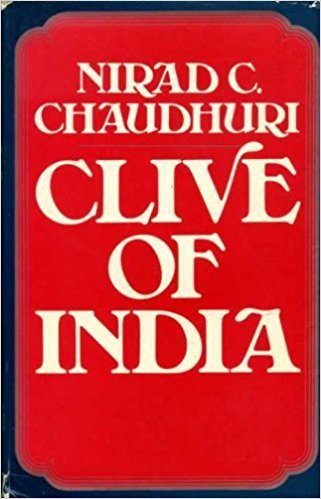Nirad Chaudhuri has been quiet of late. A new book from him is, therefore, a welcome sight, for a remarkable control of the English language has given Chaudhuri a position in Indo-English literature similar to that of Mohammed Ali in international boxing. He is the greatest, especially at telling the rest of us all about it. In his recent book entitled Clive of India—do you know of any other Clive?—Chaudhuri goes a long way, well over 400 pages in all, to prove that of all Indian writers in English, he alone can do with the language what pleases him, and in the process throw up for his Indian readers a bundle of outrageous ideas to quote, misquote or contradict in the years to come.
But why write a book on Clive today? And why Chaudhuri to do it? A number of excellent or at least exhaustive books on Clive have been available to generations of readers. Chaudhuri has not and does not claim to have discovered any startling new information about Clive’s life and his struggles. In any case to an Indian reader Clive’s relevance is limited to his role as a, perhaps the, founder of the Raj. The rest of Clive’s life is not a particularly rewarding study to the general Indian reader who will pick up the book not because he is anxious to know the trivia of Clive’s life but because he is curious to read Chaudhuri.

